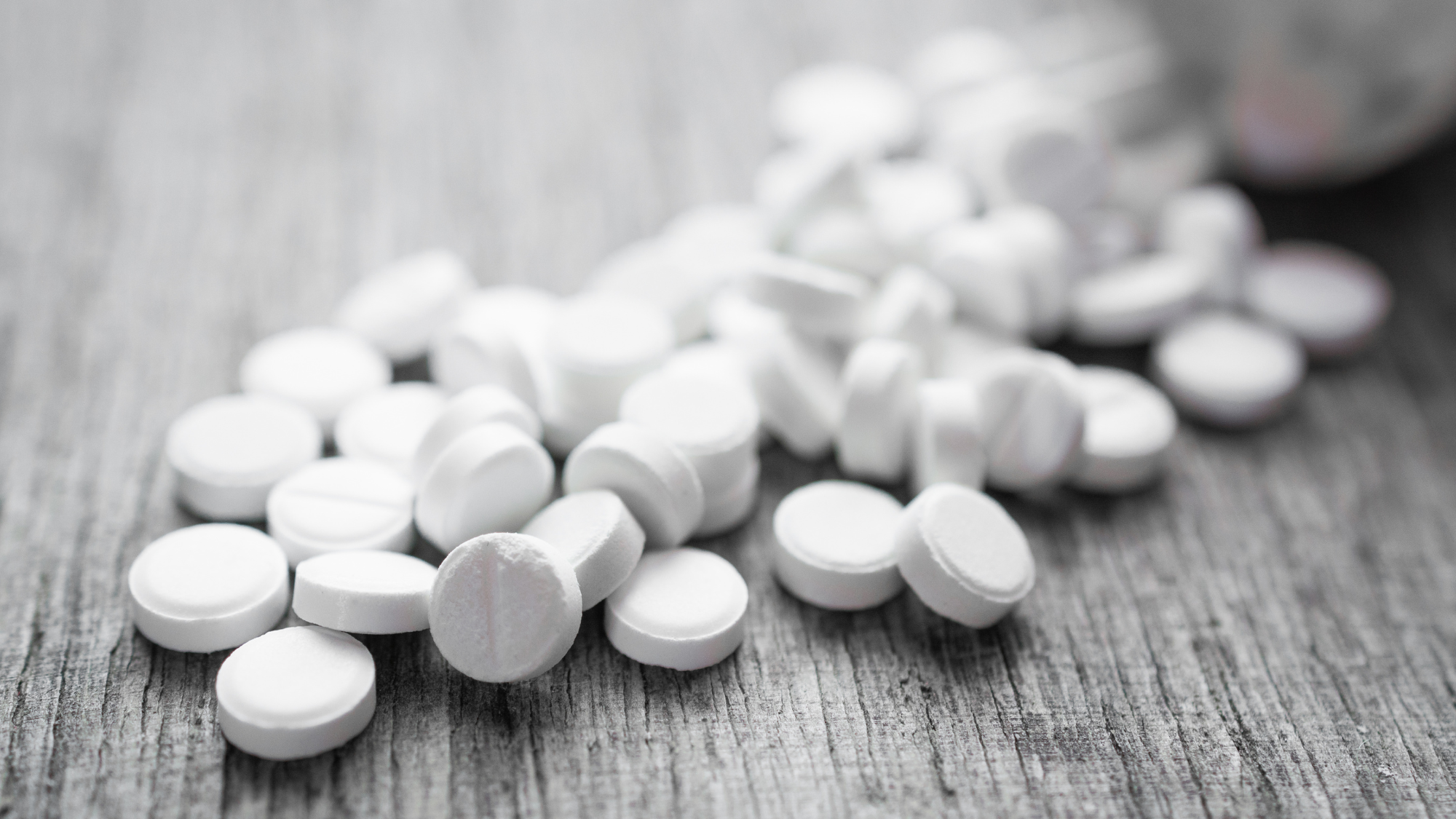
Why is there such concern about opiates and excessive alcohol use?
As a provider when you have a patient who is having severe and unmanageable pain, you just want to help. No one wants to see anyone suffer. In the early 1990’s someone decided to make pain the 5th vital sign. If you have had pain your provider may have asked what your pain is on a scale of 0-10. When this became a thing, providers had to address this vital sign and that meant prescribing opiates. It got way out of control when Purdue Pharma started marketing oxycodone. The drug reps would actually go to the providers and offer them large, expensive gifts if they would prescribe their drug. Unfortunately, thousands of people have lost their lives because of this. Go watch "Dope Sick" on Hulu!!!
In Oct 2014, the schedule of hydrocodone was changed from schedule 3 to schedule 2 therefore requiring providers to be more conscientious of what they prescribed it for and for how long. It has been a long road to develop patient education around the use of opiates.
Don’t get mad at your provider if they have to stop your opioid. But do get mad if they don’t offer you a weaning schedule in order to avoid withdrawal. And if you want to discuss using medical cannabis and they say no then find another provider.
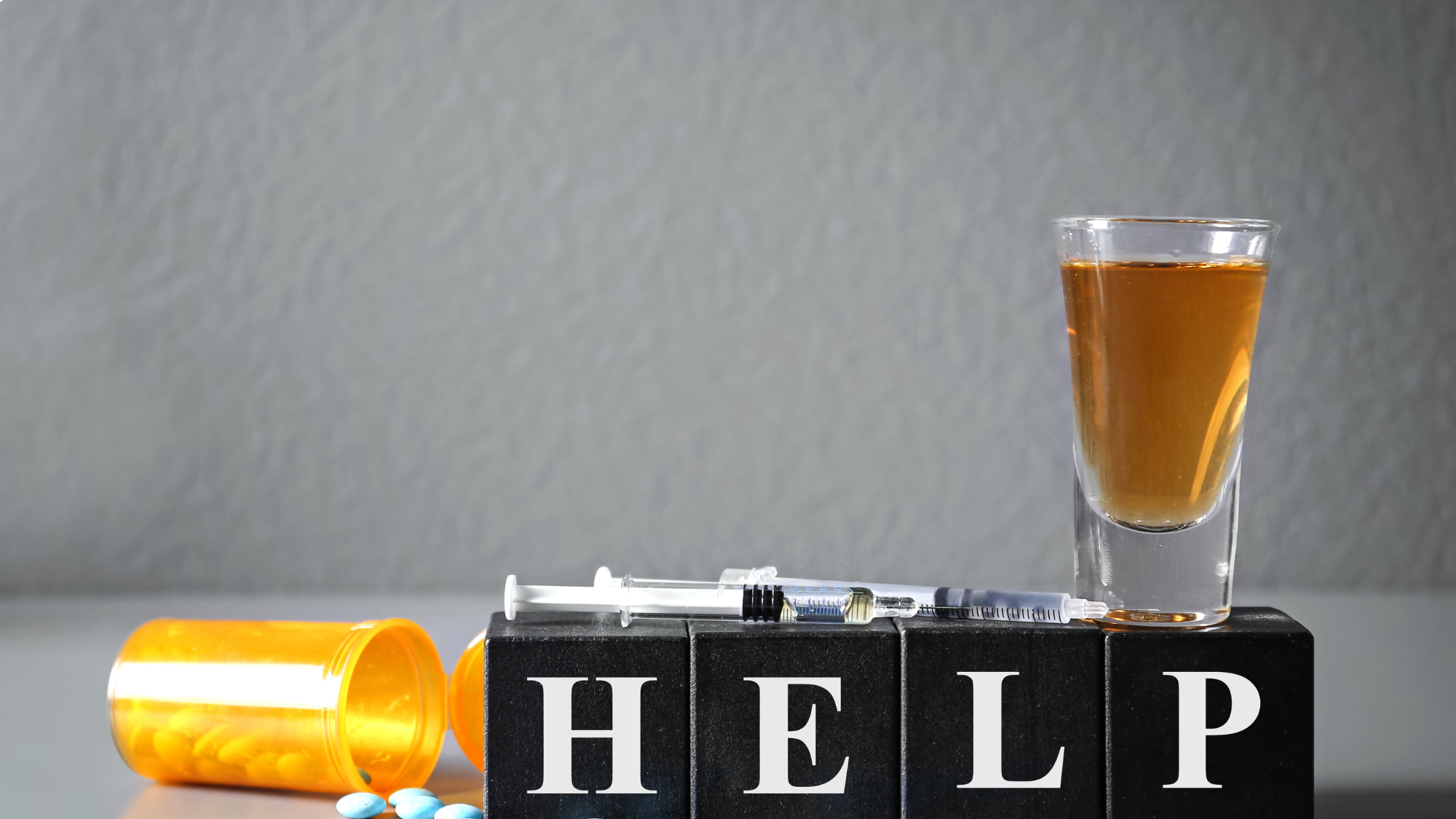
Conventional approaches for managing opiate and alcohol dependency
- medications like Suboxone or subutex are available but can also lead to dependency and can be quite difficult to discontinue
- methadone clinics are widely available but like Suboxone, very difficult to discontinue
- some rehab programs will use benzodiazepines to help with detox from alcohol but extended use of these medications is not recommended either
- inpatient rehab can last from 30 days to 90 days to 6 months. In those settings you go through detox, you will be medicated with other controlled substance, group and individual counseling
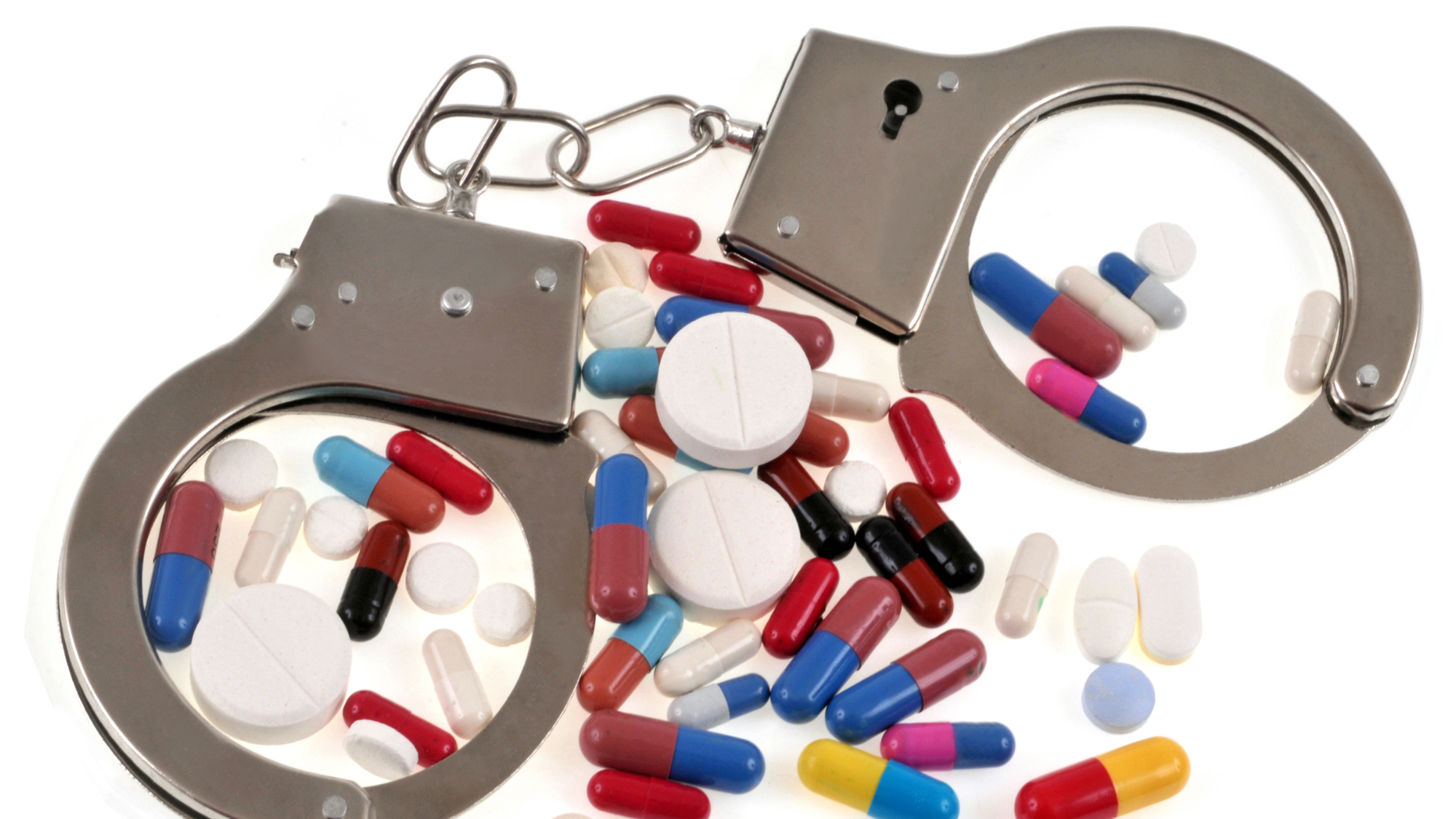
Detoxing from Opiates and Alcohol: What You Need to Know
Detoxing from opiates and alcohol can be a difficult process, but it is necessary for overcoming addiction.
When you go through withdrawal you can expect physical reactions like fatigue, lethargy, sweating, shakes, clammy skin, tingles and alternating cold and hot symptoms. You may also experience muscle cramps and spasms.
Behavior is compromised as the patient may be agitated, irritable, frustrated and easily angered. You may have extreme anxiety as well.
When you stop a substance your body is accustomed to you may experience a decrease in appetite, nausea, vomiting, stomach cramps, and diarrhea.
Psychologically you may experience hallucinations, paranoia and delirium. You may be confused and disoriented and have slower thought processes.
One very important aspect is sleep. When going through withdrawal sleep is impaired as insomnia, interrupted sleep and nightmares can occur
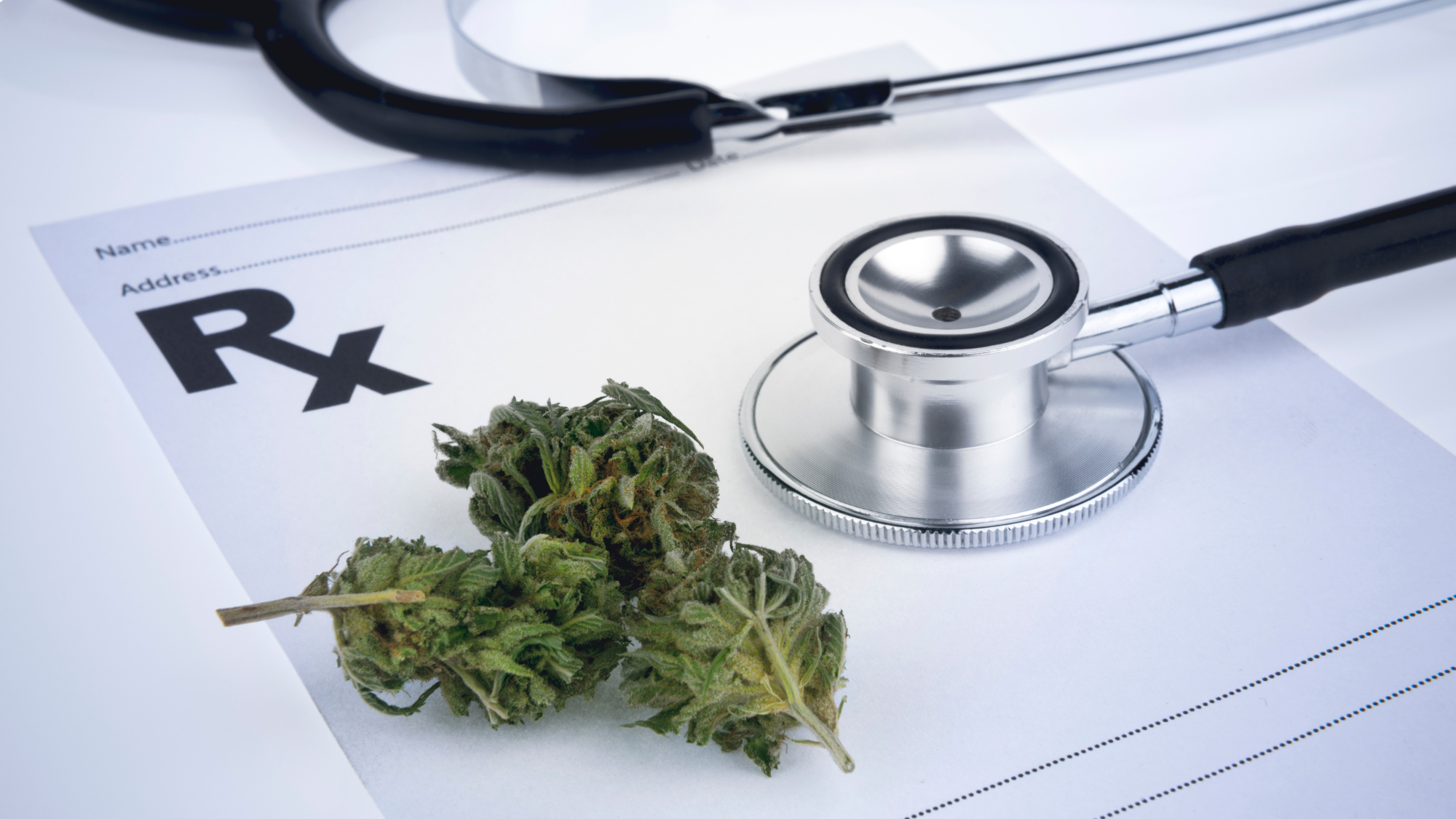
How cannabis can help detox from opiates or alcohol
If you know anything about the history of Cannabis it used to be demonized as a “gateway” drug but is now being considered an “exit drug” in the setting of detoxification
Cannabis and CBD have amazing anti-inflammatory and pain-relieving properties. Cannabis has been shown to reduce anxiety and improve sleep quality, both of which are disturbed during withdrawal. Finally, the use of cannabis can help to increase appetite, an important consideration for those who may be struggling to eat during detox. While further research is needed, these findings suggest that cannabis may be a helpful tool for those facing the struggle of detoxing.
- A study done with mice found that those given cannabidiol (CBD) had lessened opiate symptoms such as anxiety and pain. Other studies have found that CBD can reduce cravings for opiates (Hurd, et al, 2019).
- Not only does CBD help reduce opiate withdrawal symptoms, but it has also been found to be an effective treatment for symptoms of alcohol withdrawal such as insomnia, anxiety, and tremors (De Marco, et al).
- A study published in the Journal of Psychoactive Drugs found that cannabis was effective in reducing the symptoms of opiate discontinuation, including anxiety, agitation, and nausea. The study's authors concluded that "cannabis-assisted detoxification may hold promise as a harm reduction strategy."
- Another study, published in the Harm Reduction Journal, found that cannabis helped to reduce cravings and anxiety in participants who were trying to quit alcohol. The study's authors suggested that "cannabis-assisted intervention may help reduce harm related to alcohol dependence." These studies suggest that cannabis can be an effective detox aid, especially for those who are trying to quit opiates or alcohol.
- organizations like the American Medical Association which is very conservative is starting to recognize the role cannabis can play as an opiate substitution. “The potential for cannabinoids to reduce opioid dose requirements and extend the duration of effective analgesia should not be understated” was the conclusion of a comprehensive meta-analysis of the opioid sparing effects of cannabis
- a study of 3000 chronic pain medical cannabis patients resulted in 81-97% much preferred cannabis over opiates when addressing chronic pain
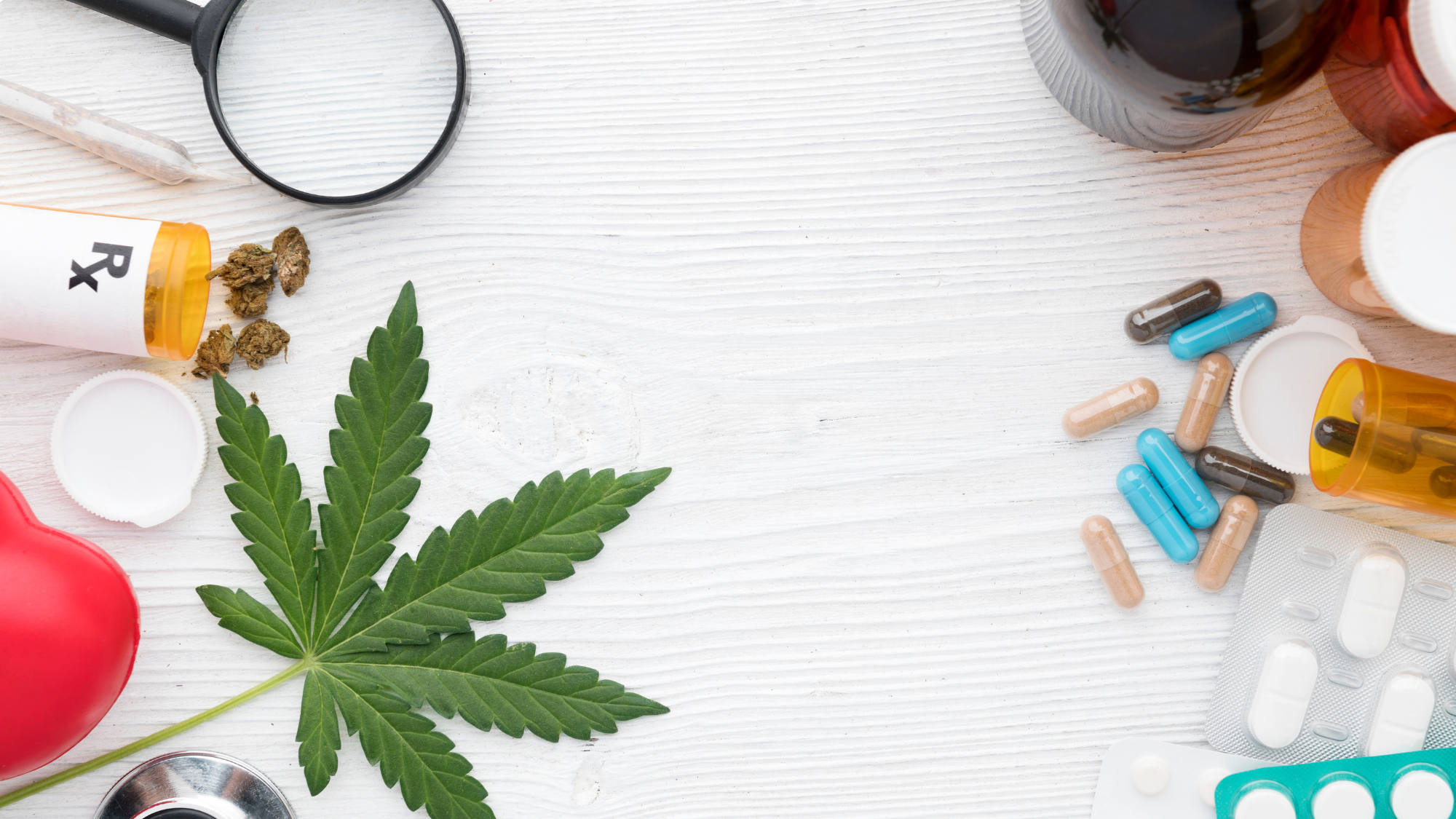
Are there detox programs that uses cannabis and how should you use cannabis if detoxing?
In my experience as a cannabis coach and a medical provider, I don’t know of any programs local to me that use cannabis to help with detoxing from opiates or alcohol. In fact, if you google the topic, you will likely find programs that help cannabis users get off cannabis! If you need a detox program there are some things to consider. At RECOVERUS CENTERS in Carbondale, we are starting to advise using cannabis as an opiate substitution. Using cannabis in place of an opiate dose can help wean off the opiate. Using cannabis in place of alcohol - not in conjunction with alcohol and help decrease alcohol cravings.
First, it's important to understand that not all cannabis is created equal. The active ingredients in cannabis, known as cannabinoids, interact with the body in different ways. Some cannabinoids, like THC, are known for their psychoactive effects, while others, like CBD, are non-psychoactive. It's important to find a detox program that uses cannabis strains or products high in CBD, as these are most likely to produce the desired effect of easing opiate withdrawal symptoms.
Secondly, it's important to consider the delivery method of the cannabis. Inhaling smoke from burning plant material is not generally recommended for people with respiratory conditions, so a vaporizer may be a better option. Alternatively, some programs use orally-administered tinctures or capsules containing CBD oil. Find a delivery method that makes sense for you and your situation.
Finally, make sure to do your research and choose a reputable program. Ask around for recommendations from friends or family members who have been through detoxification before, and look for programs that are accredited by national organizations like the American Society of Addiction Medicine. With a little bit of effort, you should be able to find a detox program that includes cannabis and gives you the best chance for success.
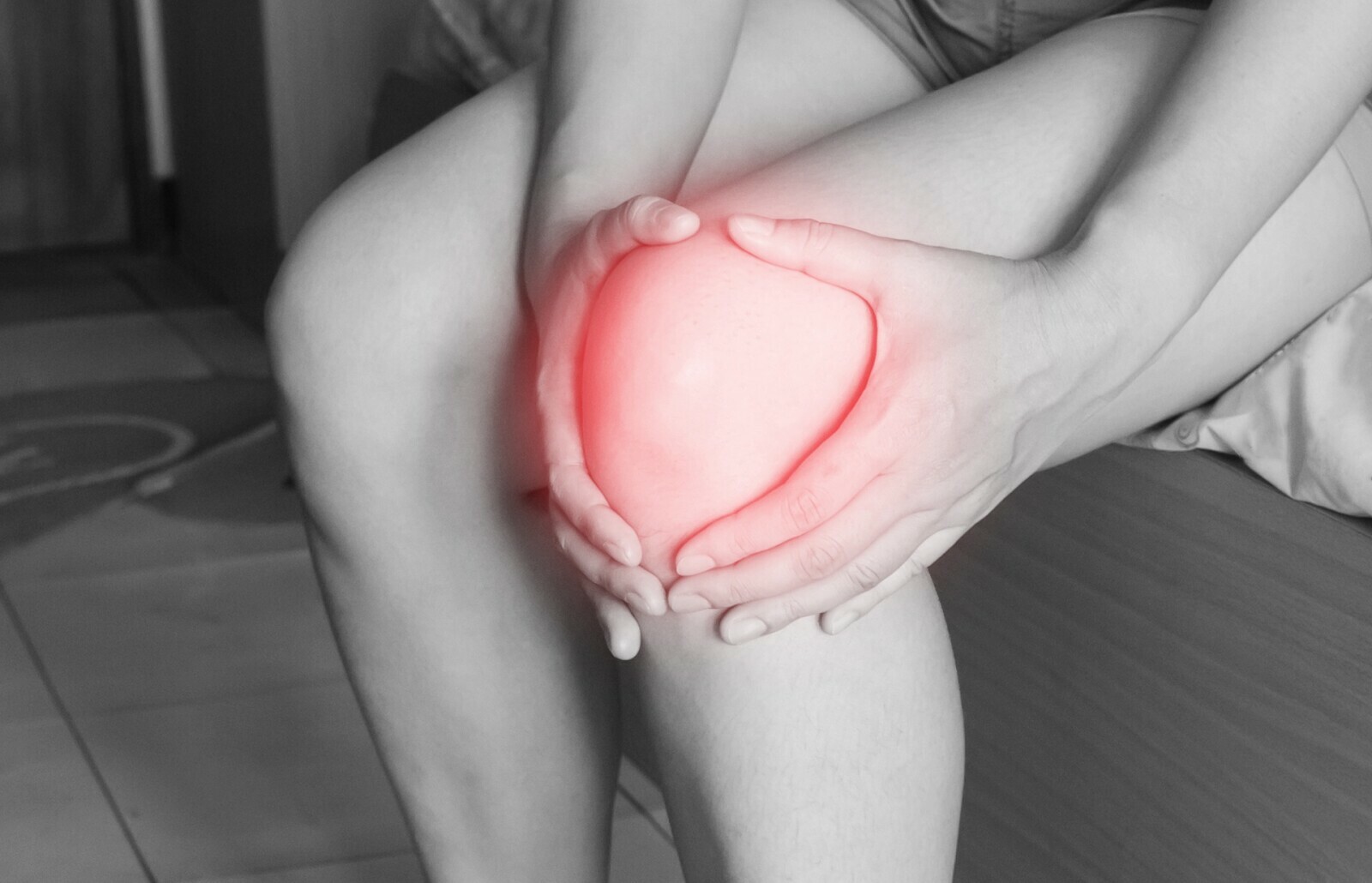
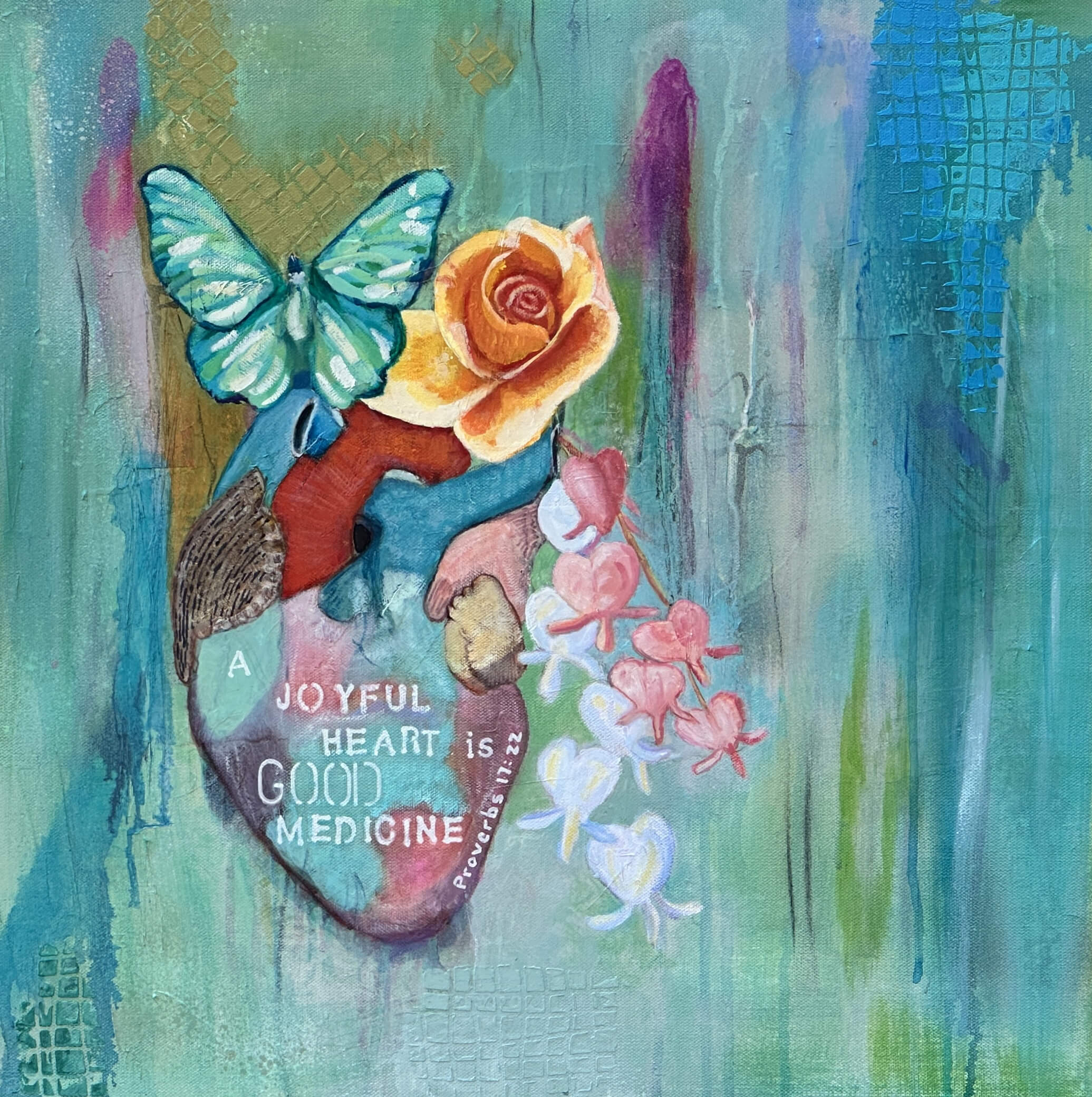





0 Comments